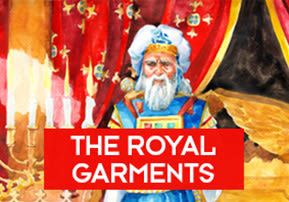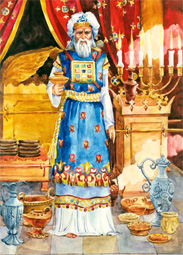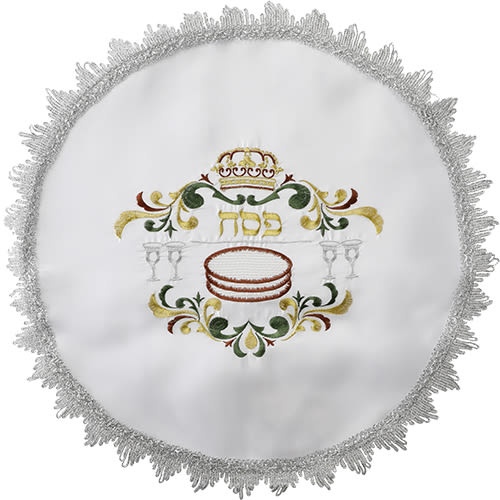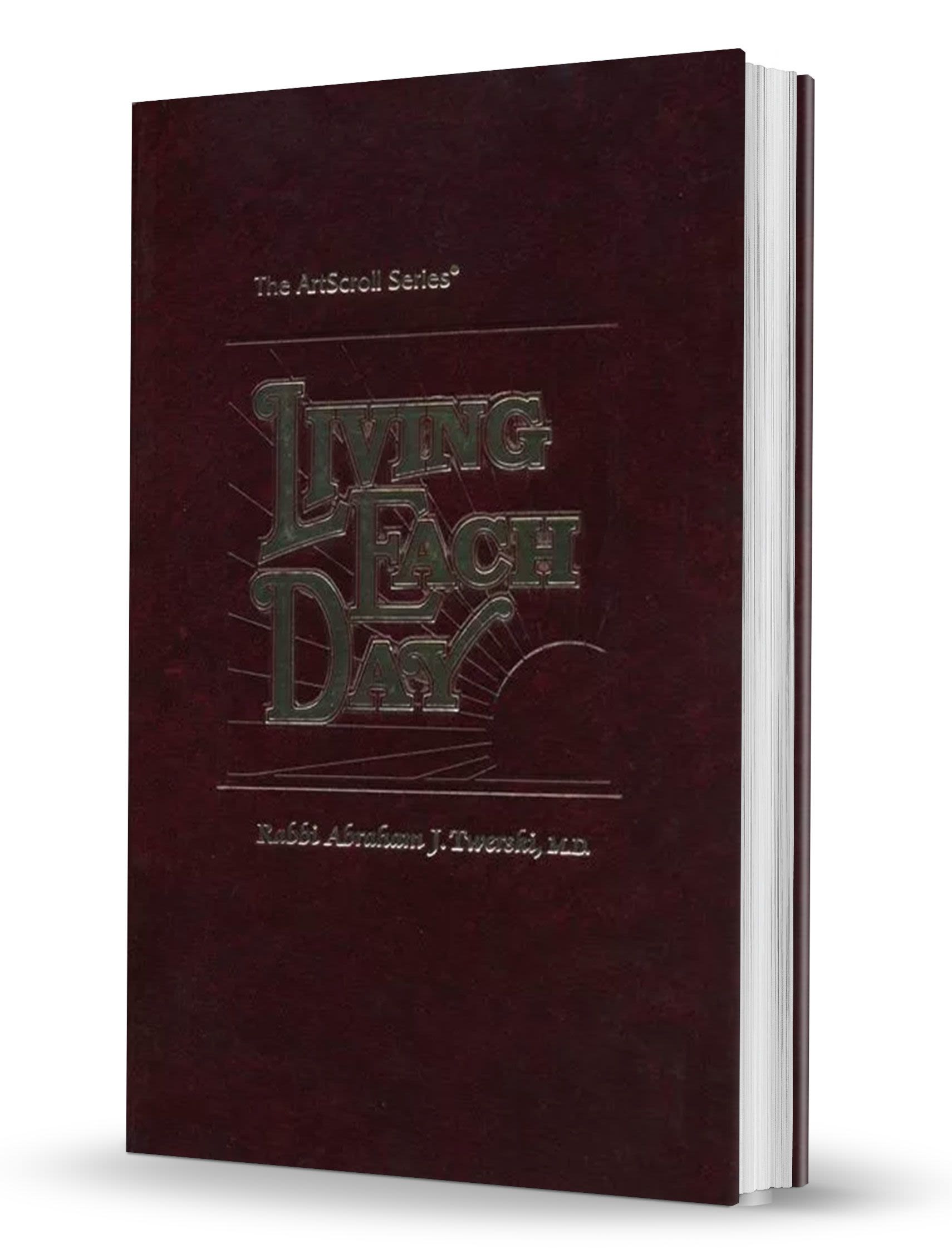
Tetzaveh: The Royal Garments
Peer and social pressure are like a fiery furnace; how did Hanania, Mishael, and Azaria react when they were sentenced to burn in the fiery furnace?

"And you shall bring his sons close and dress them in tunics" (Exodus 29:9).
Hashem commanded Moses to take the sons of Aaron and dress them in priestly garb in preparation for Divine service. So why does Hashem say, "Bring his sons close"? Hashem could have told Moses, "And you shall dress his sons in tunics". What does the priestly tunic have to do with closeness, and closeness to whom?
The Gemara makes a surprising statement regarding the priestly garb: "When they wear their garb, their priesthood is upon them, but when they don't wear their garb, they are not like priests but like strangers."[1] We can surely understand that Halacha requires the Cohanim to perform their priestly duties in the Holy Temple while properly dressed in their priestly garb. Yet, if they are not properly dressed, why are they considered strangers? And, what message does this have for posterity?
Our clothes reflect both our personalities and our desires. One who dresses in a dignified manner and  according to the standards of modesty shows that he or she wants to be close to Hashem rather than being close to society, style, current fashion or peer pressure. Hashem commands that we should be a nation of priests and a holy nation;[2] as such, modest and dignified clothes are our priestly garb of today, showing that we identify with Hashem and His commandments and desire to be close to Him.
according to the standards of modesty shows that he or she wants to be close to Hashem rather than being close to society, style, current fashion or peer pressure. Hashem commands that we should be a nation of priests and a holy nation;[2] as such, modest and dignified clothes are our priestly garb of today, showing that we identify with Hashem and His commandments and desire to be close to Him.
King Nebuchadnezzar knew the merit of Jewish youth. After he destroyed the First Holy Temple and subjugated Jerusalem and Judea, exiling the Jews to Babylon, he ordered his chief officer Ashpenaz to find noble youths of Judea who were 'unblemished, good-looking, skillful in all wisdom, discerning in knowledge…and capable of serving in the king's palace".[3] Hanania, Mishael and Azaria were three noble young men from the tribe of Judea who were chosen in addition to Daniel.
The king did everything in his power to assimilate them. He changed their names to Shadrach, Mishack and Abednego, names based on Babylonian deities. Yet, these external changes had no influence on the steadfast inner faith and dedication to Hashem that permeated every fiber of Hanania, Mishael and Azaria's holy souls. They remained true to their emuna upbringing. Despite the enormous social pressure around them, they didn't assimilate or compromise their principles of faith in the slightest.
Nebuchadnezzar erected a statue of gold and commanded the entire kingdom to prostrate themselves to it.[4] Jealous and treacherous Jew-hating informants told the king that the three young Judeans, "appointed over the affairs of Babylon"[5], refused to heed the king's command. “Furious with rage, Nebuchadnezzar summoned Shadrach, Meshach and Abed-nego. These men were brought before the king, and Nebuchadnezzar said to them, ”Is it true, Shadrach, Meshach and Abed-nego, that you do not serve my gods or worship the image of gold I have set up? Now when you hear the sound of the horn, flute, zither, lyre, harp, pipes and all kinds of music, if you are ready to fall down and worship the image I made, very good. But if you do not worship it, you will be thrown immediately into a blazing furnace. Then what god will be able to rescue you from my hand?”[6]
Rashi explains[7] that although Hanania, Mishael and Azaria were sentenced to death, they did not descend into the fiery furnace dressed as prisoners on death row; instead, they wore the noble garments of a Jewish minister, and according to the Metzudat Tzion, resembling the cloak that King David wore.[8] During their most trying hour, they refused to compromise. The result, and that of their miraculous rescue and salvation, created a monumental sanctification of Hashem's Name, to the extent that Nebuchadnezzar himself declared, "Blessed is the God of Shadrach, Meshach and Abed-nego, Who has sent His angel and saved His servants who desired Him"[9].
A person must ask him/herself: "Is gaining the approval of peers with questionable values worth sacrificing my proximity with Hashem?" The Torah in this week's portion gives us the eternal message that our traditional mode of dress is conducive to closeness with Hashem, while compromising in our dress and modesty makes us like strangers to Hashem, Heaven forbid.
We all await the imminent Geula. Our forefathers in Egypt were redeemed from bondage by virtue of the fact that they refused to change their names, language or mode of dress. What worked for them will surely work for us.
Shadrach, Meshach and Abed-nego insisted on remaining Hanania, Mishael and Azaria. Their dedication to Hashem is a shining example for all generations. The "Siftei Cohen" points out that this is indicated in their names, for the first Hebrew letter of Shadrach, Meshach and Abed-nego is shin, mem and ayin, "Shema" – our greatest declaration of uncompromising faith to Hashem.












Tell us what you think!
Thank you for your comment!
It will be published after approval by the Editor.